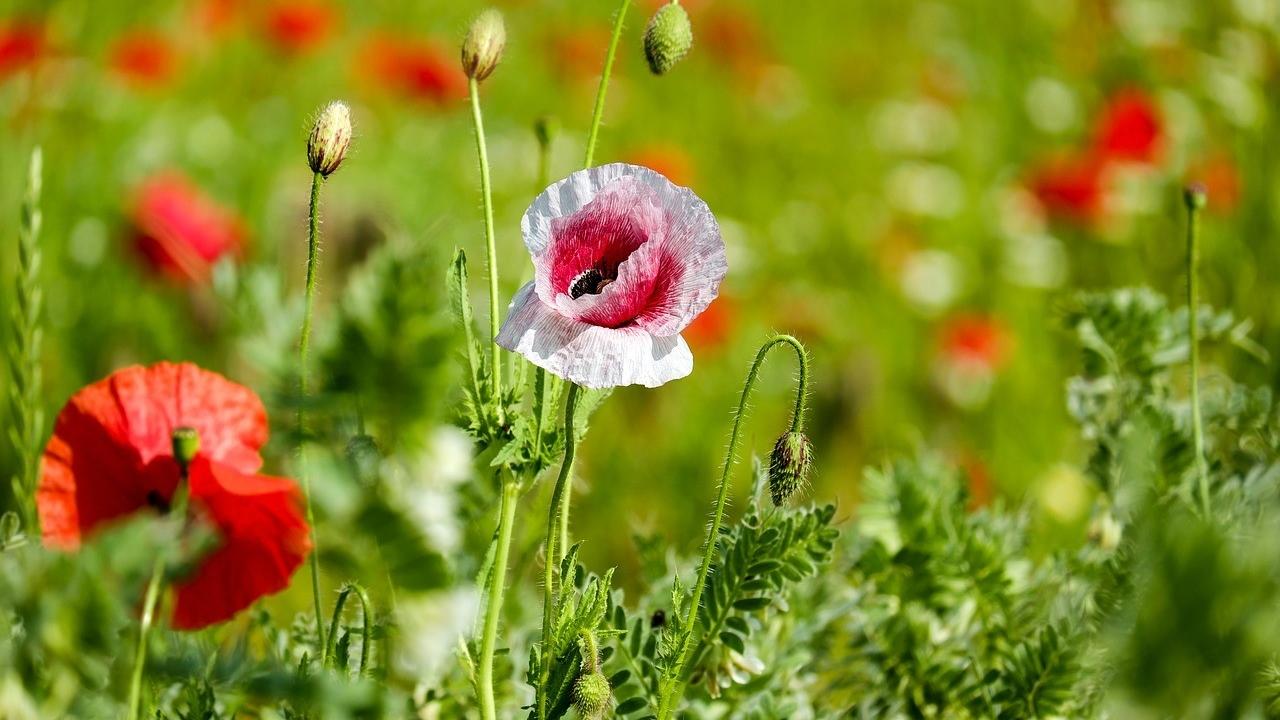Blog
Why is it so easy to let go of self-care? (DW#672)

Over the last few days we have been discussing the importance of self-care. From the feedback I am getting from you, it seems that most people agree (at least theoretically) that self-care is vital to thrive at work, at home and in life.
So why is so easy to let go of self-care? When we are stressed or busy, why is taking care of the fundamentals of self-care the first thing we drop from our to-do list? Why is it that we ignore it when we need it the most?
Here are 3 reasons:
1) Because we think about self-care from a distance, as something we are supposed to do and you know it’s important, but we haven’t really thought about it or made an intention to implement this in a regular or structured way.
2) When we are stressed, our perspective narrows and we focus only on the problems at hand. This is not the time that we can think about refueling. We are too busy "doing" to pause or reflect on what we need.
3) We do not have a plan for self-care so there is no context, structure or accoun...
Ignoring yourself is not heroic (DW#671)

A deep-seated belief that many of us have is that there is virtue in self-sacrifice and workaholism.
And our culture glorifies this. The employee who puts in 80-plus hours a week is promoted, the working mother who manages to excel at work and run a perfect home without missing a beat is admired, the husband who works hard for his family without ever taking a day off or getting a hobby is praised as dedicated.
And because we believe that self-sacrifice and ignoring ourselves is best, we feel shame or embarrassment when we feel like we need to do something to recharge or refuel.
And because we don’t want to be we ‘lazy,’ ‘selfish’ or ‘weak’, we ignore the whispers of our bodies, our souls and our hearts that are asking for something different.
We ignore them, that is, until they become loud, screeching sirens telling us that something has broken down. We realize then that we are trying to put on oxygen masks on everyone else while gasping for air ourselves.
Is mama happy? (DW#670)

When my children were growing up, I realised one thing: when I was not at my best, I could not show up and be present and emotionally available for my family. When I had a bad day or when I was tired or depleted, everyone in the house felt the impact. (Sorry guys!)
Self-care and emotional healing, became for me, a valuable parenting strategy. A way to make sure that I took care of myself so that my state of (or lack of) wellbeing did not adversely impact my loved ones.
So remember this: as a parent, it is vital that you take care of yourself and manage your own stuff so that you show up as your best self for your family.
When mama (or papa) is not happy, no one is happy.
Self-care is not selfish (DW#669)

Another myth about self-care is that it is selfish.
They do both contain the word self. But the similarity ends there.
Let’s try and understand the difference.
Selfishness is defined as lacking consideration for others or being concerned chiefly with one's own personal profit or pleasure.
Self-care on the other hand, is about making sure that we are well and healthy so that we are more available to help others. If you cannot take care of yourself, you are no good to anyone else. This is especially important if you are in a caring role for other people.
Self-care, then, involves consideration for others and how we show up for them.
It is far from selfish.
What self-care is not (DW#668)

#Self-care is trending right now. At least the hashtag #selfcare on social media is.
There are countless memes, quotes and Instagram posts shared daily with people in bathtubs and on massage tables, sipping a drink in luxurious surroundings.
With such pictures thrown daily into our consciousness, it is easy to mistake self-care for self-indulgence. And to think that it means we need to indulge in exotic experiences and go on expensive getaways. And while a lot of us would love to treat ourselves in this way, let’s be realistic: few of us have the time or the budget to do so. It is simply not sustainable to take care of ourselves in this way.
And so we tell ourselves that it cannot be done. And so we ignore the sometimes hard and usually not glamorous work of actual self-care. Of doing the simple and mundane things that will fuel us.
Despite what our Facebook or Instagram feed tells us, can we please start thinking of self-care as an ongoing, daily practice rather than an every-once...
Defining selfcare (DW#667)

We have been talking about self-care for the last few days so let us make sure we know what we are talking about.
Self-care is any activity that we do deliberately in order to take care of our mental, emotional, physical and spiritual health. Taking care of ourselves is vital if we want to remain healthy, vibrant and able to serve.
Effective self-care is a bit cyclical in that in order to take care of ourselves, we need to be in touch with our inner state and know what we need at the time. And the more you are in touch with yourself, the easier it becomes to know what you need and to care for yourself.
The opposite is also true, of course. When we have not spent time listening to ourselves for a long time, it can be very challenging to know what we need in order to function effectively and thrive in life. And the less we sense these, the less likely it becomes that we will do what needs to be done.
So, if you have not paid attention to yourself for a long time, please do not let th...
Incorporating gratitude into your selfcare routine (DW#666)

Happy Canadian Thanksgiving! May your Turkey be moist, the potatoes perfectly done and the company delightful :)
Thanksgiving being a day dedicated to gratitude, let’s talk about how we can incorporate a practice of gratitude within our selfcare practice.
Once you have done something for self, such as a walk or a workout, take a moment and allow yourself to feel grateful for the strength of your body and the grit of your mind to push past the tough moments and complete the session.
Just FYI, these quick moments of gratitude might help you do this walk or workout more often, thereby improving your selfcare. Studies have found that those who practice gratitude exercise for an average of 1.5 more hours per week than those who focused on daily hassles and stresses.
The cost of neglect (DW#665)

Here’s the thing: life rarely gets simpler or less stressful. While we may not always be able to control our circumstances and situation in life, there are steps that we can take to build our resilience so that we can cope better with whatever situation we find ourselves in.
Failure to care for and nurture ourselves can result in burnout if we keep going without stopping to "fill our tanks" so to speak.
What is burnout?
Burnout is a state of emotional, physical, and mental exhaustion caused by excessive and prolonged stress. It occurs when we feel overwhelmed, emotionally drained, and unable to meet the constant demands (or perceived demands) placed on us. In other words, we feel that we do not have the personal resources to face the challenges in front of us.
Burnout reduces productivity, saps our energy and can leave us feeling helpless, hopeless, cynical, and resentful. We may feel like we have nothing more to give – that we are running on empty, depleted.
The negative effects ...
The truth about self-care (DW#664)

Eating right, moving, resting, sleeping. No one else - not the most well-meaning spouse, parent, friend or co-worker can take this off our plate.
While we can hire others to do many tasks for us and delegate some of our to-do lists, self care is something we cannot delegate. Either we do it for ourselves or it does not get done.
Sharpen your saw (DW#663)

A woodcutter was exhausted as he labored and strained to saw down a tree. A young man who was watching asked "What are you doing?"
"Are you blind?" the woodcutter replied irritably. "I’m cutting down this tree."
"Sir, you look exhausted!"
"I am exhausted and frustrated! I have been at this for hours already and not making much progress."
"Why don’t you take a break and sharpen your saw?"
"Because then I would have to stop sawing and I don’t have time to stop right now".
"Well", said the young man. "Consider this: If you sharpen the saw, you would cut down the tree much faster. . ."
Steven Covey uses this story in the Seven Habits of Highly Effective People to present the case for self care and self renewal. While it seems obvious to us when we see others labouring on without sharpening their saws, it is much more challenging to notice and attend to the blunt saws in our own lives!
